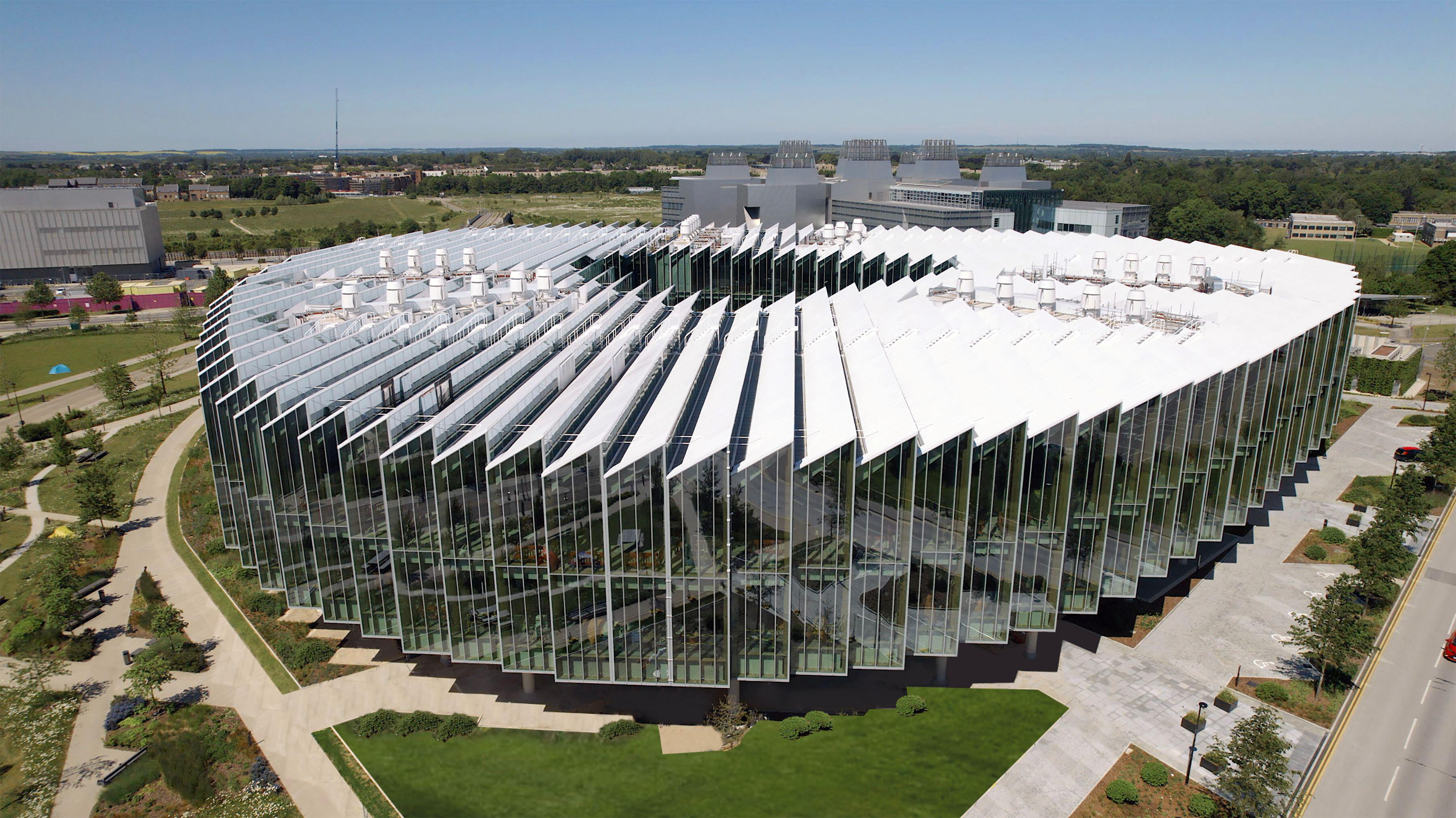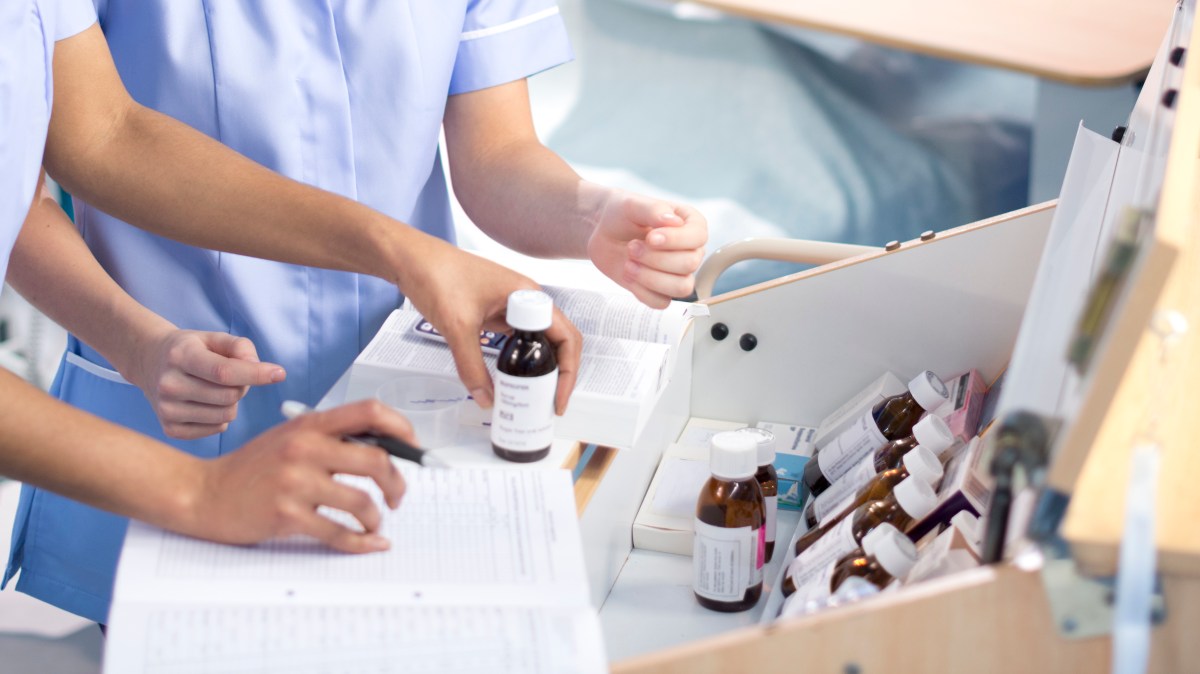Patients are dying because the NHS is not paying enough for medicines, according to pharma bosses, who have urged Wes Streeting to “urgently” reopen negotiations.
Industry leaders said there was a “real human cost” to the stand-off with the government on drug pricing, which has led to several cancer drugs not being available in the UK.
The row led to AstraZeneca pausing a £200 million investment in Cambridge on Friday, days after US pharma giant Merck scrapped a £1 billion expansion here.
Guy Oliver, the UK head of the global pharmaceutical giant Bristol Myers Squibb (BMS), said “chronic underinvestment” in medicines meant his company had no choice but to cut hundreds of UK jobs and end drug trials and partnerships with the NHS.
He said: “As a company, we can’t really do research, development and clinical trials in a country that doesn’t value that innovation. That’s why we and other companies have made big decisions to not bring medicines to the UK, not bring clinical trials to the UK and to reduce investment in the UK. It’s absolutely getting worse.
“There is a human cost to all of this. Patients are really suffering, and have been suffering for many, many years now. Out of all the medicines that are available in Europe, 35 per cent of those medicines are not available in the UK at all.
“There are a number of medicines for cancer that we haven’t been able to bring to the UK, that are available across all comparable countries — Germany, France, Spain, the US, Japan, Australia, Canada. It’s just unfair. Patients could jump on the Eurostar and within an hour, you’re in a country where it’s available.”
Oliver said this was “translating into outcomes”, with the UK lagging behind other countries for cancer survival and having “much higher rates” of treatable deaths.

AstraZeneca has delayed plans to invest £200 million in a Cambridge research site
ASTRA ZENECA
The UK invests 9 per cent of its healthcare budget in medicines, compared with 20 per cent in Japan, 17 per cent in Spain and 14 per cent in Germany. The threshold used by Nice, the NHS spending watchdog, to determine if a drug is cost effective has not changed since 1999.
Data from the Association of the British Pharmaceutical Industry shows that more than 60 medicines have not come to the UK over the past five years. Oliver gave the example of Krazati, an innovative lung cancer drug made by BMS, which is not available in the UK but is approved almost everywhere else in Europe.

Wes Streeting, the health secretary, has been embroiled in negotiations over the cost of drugs in the UK
BEN MONTGOMERY/GETTY IMAGES
Last month, Streeting walked away from negotiations with the pharmaceutical industry after months of acrimonious talks aimed at increasing NHS spending on medicines. The industry wants changes to be made to the Nice threshold and an overhaul to the VPAG scheme, which requires pharmaceutical companies to pay back profits to the NHS if sales of drugs go above a set threshold.
• Big pharma set to pull investment unless NHS spends more on drugs
Oliver said that it was “absolutely critical” that talks with Streeting restarted immediately to prevent more investment and drugs being pulled. He added: “Every day that we don’t continue these talks means more and more decisions that companies like BMS have to make around not bringing our clinical trials, not launching a medicine, and not partnering with the NHS.”
He said BMS had had to cancel 34 partnership projects with the NHS in the past year, which help to diagnose or support patients on medicines. “There is a human cost, and there’s been a human cost for the last few years,” he said.
The issue has been put into the spotlight before this week’s state visit by President Trump, who has criticised countries including Britain for “freeloading” off US pharma firms. This led to US firm Eli Lilly raising the price of the weight-loss jab Mounjaro, with further increases seen as inevitable by industry insiders.
Another US drug firm, Johnson & Johnson, has said a failure to restart talks and reform to the VPAG scheme would hurt “the UK’s global competitiveness, economic growth and most importantly, patient health outcomes”.
Roz Bekker, the firm’s UK managing director, said: “For over a decade, the UK pharmaceutical industry has absorbed much of the country’s medicines bills growth. This year, the VPAG clawback hit 22.9 per cent, threefold higher than comparable countries. This extra tax is applied to medicines that are already considered good value for the NHS and could make it harder for UK patients to receive innovative treatments.
“Patient access to cancer medicines in the UK is already lower versus other European countries and this could continue to deteriorate without meaningful reform to bring clawback rates back in line with international standards.”
A government spokesman said: “This is not true and there is no evidence for this claim. We will always stand behind cancer patients and ensure they get the access to the best available care and access to affordable cutting edge drugs they need. Cancer care is an urgent priority as we turn around our NHS after more than a decade of neglect. The national cancer plan will set out how we will improve outcomes and put the NHS back at the forefront of global cancer care.
“We have put forward a generous and unprecedented offer to industry worth approximately £1 billion over three years, as a part of the review of VPAG.”
The drugs in dispute
Enhertu
What it does: An advanced antibody drug for breast cancer.
Effectiveness: A trial found that patients on Enhertu lived for twice as long without their tumour progressing, compared with standard chemotherapy. They were one third less likely to die over an 18-month period. This trial looked at “HER2-low metastatic breast cancer” — where the disease has spread to other parts of the body, and the cancer cells have a small but measurable amount of a protein known as HER2 on their surface.
Cost: In the US it has a list price of nearly $5,000 per 100 mg vial, which equates to roughly $165,000 per year for the average patient. However, list prices often do not reflect the final price paid by insurers or patients. In the UK the price was reportedly set at £1,455 per vial.
Available on the NHS? No. Talks between the National Institute for Health and Care Excellence (Nice), England’s drug price watchdog, and AstraZeneca (AZ) and Daiichi Sankyo, which make Enhertu, broke down last year. AZ has complained that Nice classifies breast cancer only as a “moderately severe” disease, which affects the price it is willing to pay. The drug is available through the NHS in Scotland, however.
Trodelvy
What it does: Works by attaching to a specific protein on the surface of breast cancer cells, then delivering a chemotherapy drug directly into the cells to stop them from growing and dividing.
Effectiveness: In a trial that looked at patients with “HR-positive HER2-negative” cancer where the disease had spread and other treatments had been tried, the benefits were moderate but meaningful. On average, patients lived about 3-3.5 months longer overall, compared with standard chemotherapy. For every 100 people treated, Trodelvy helped shrink tumours in 21 people, while chemotherapy only helped 14 people.
Cost: In the UK it is available privately. A patient weighing 65kg would have to pay roughly £45,000 for the average course of five-and-a-half months.
Available on the NHS? Only for certain types of breast cancer. Gilead Sciences, one of the world’s biggest drugs companies, said last month that it would not submit Trodelvy for approval for the most common form of the disease — “HR-positive HER2-negative”. The company said that it would have to discount it to such a low price there was no way it could make an “appropriate profit”. About 500 women in England would be eligible on the NHS were it to get approval for this use. It is available on the NHS for triple-negative breast cancer, a less common type.
Reblozyl
What it does: Used to treat anaemia in adults with certain blood disorders, including beta-thalassemia and myelodysplastic syndromes (MDS). It works by stimulating red blood cell production.
Effectiveness: In trials, patients with beta thalassemia saw a significant decrease in the number of transfusions needed.
Annual treatment cost: For a patient weighing about 76kg, the annual cost of Reblozyl can range from $152,188 to $228,281 depending on the dosage, according to list prices in the US.
Available on the NHS? No. The manufacturer Bristol Myers Squibb has opted not to submit evidence for review, meaning that Nice was unable to make a recommendation.

